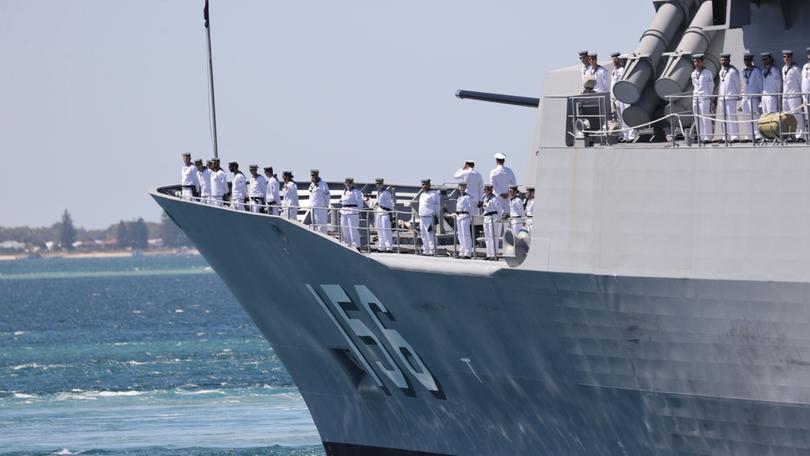EDITORIAL: Foreign legion won’t solve ADF’s home grown problems
EDITORIAL: To have any hope of addressing its profound people problem once and for all, the ADF must look deeper.

The Government has finally come up with what it hopes will be the solution to the Australian Defence Force’s chronic recruitment and retention crisis.
The same solution it has come up with to skills shortages in every other in-demand industry — raid overseas talent pools.
The ADF says it will relax the eligibility requirements to allow non-citizen permanent residents to apply, with a specific focus on our Five Eyes partners of the United Kingdom, United States Canada and New Zealand.
Sign up to The Nightly's newsletters.
Get the first look at the digital newspaper, curated daily stories and breaking headlines delivered to your inbox.
By continuing you agree to our Terms and Privacy Policy.These foreign recruits should add 350 personnel to the ADF’s headcount each year, according to Government forecasts.
That will help, but with the ADF anticipating it will fall close to 5000 members short of its 63,500 strength target this financial year, there’s a long way to go.
Reaching the long term goal of close to 80,000 personnel by 2040 seems wildly optimistic.
To have any hope of addressing its profound people problem once and for all, the ADF must look deeper.
The difficult truth is that a career in the defence force is no longer a compelling option for a young person considering their future today.
A few decades ago, signing up to serve held clear incentives. Job security, financial stability, discounted housing, free education, respect, and a sense that one was doing the right thing by their country.
How much of that is true in 2024?
Not only can the ADF not compete with massive salaries on offer in the private sector — particularly in the resources industry — but choosing a military career actively limits a family’s earning potential.
Having to pack up and shift across the country every two years isn’t good for the career progression of military spouses, and long gone are the days a couple can comfortably raise three kids on a single income. Generous retention bonuses on offer can only go so far in plugging the gap.
The problems go far beyond the financial.
Constant relocations — as well as the stress that comes with uprooting children from their lives and schools — are enough to put even the healthiest relationship under significant strain.
The recently-completed royal commission into defence and veteran suicide heard evidence from soldiers, sailors and aviators that they felt used, burnt-out, unappreciated and abandoned.
Allegations of war crimes have tarnished the reputations of even our most elite and once-respected units.
Major General Paul Brereton’s infamous 2020 report, which found “credible information” that current or former SAS personnel were involved in unlawful killings in Afghanistan put all the blame for those alleged crimes at the feet of soldiers and junior officers. Those further up the command had no case to answer, according to Major General Brereton.
And still the force’s top brass scratch their heads and wonder why they are haemorrhaging personnel.
Fixing these significant problems will be much harder than flinging the doors open to Kiwis and Brits. But if the ADF is to have any hope of a permanent solution to its recruitment problem, it must be done.
